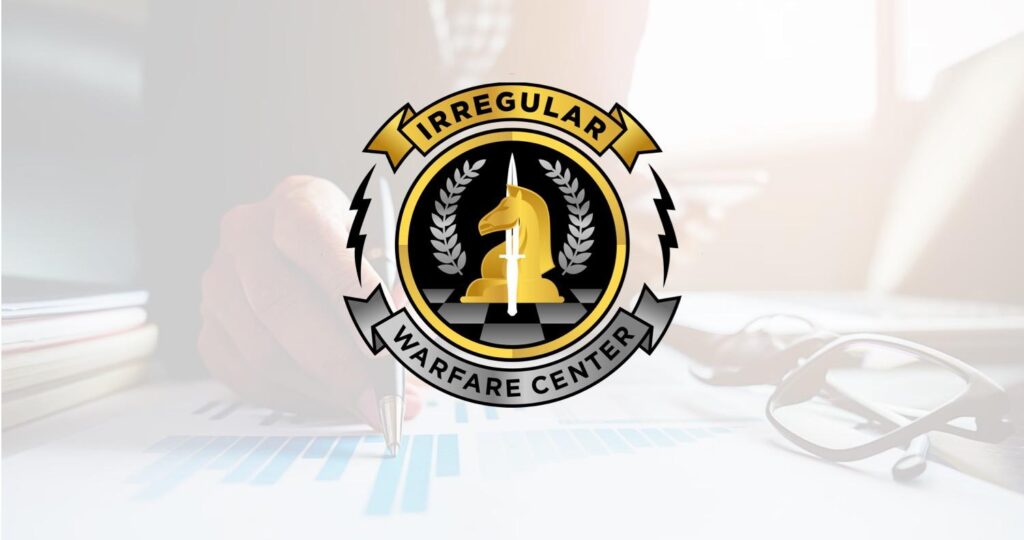In the realm of military tradition, a new wave of change is on the horizon as the voices of lower-ranking troops may soon hold more weight in the decision-making process for officer promotions. This shift marks a departure from the age-old hierarchy, signaling a potential shift in the dynamics of military leadership. As opinions of those on the front lines are slated to play a greater role, the landscape of officer promotions stands poised for a transformation that could shape the future of military leadership.
Why Lower-Ranking Troop Opinions Matter in Officer Promotions
Lower-ranking troops play a crucial role in the success of any military operation. Their boots-on-the-ground experience provides valuable insights that can often be overlooked by higher-ranking officers. By considering the opinions of lower-ranking troops in officer promotions, the military can ensure that those being promoted have the respect and trust of those they lead. This approach can also lead to greater morale and cohesion within units, ultimately leading to more effective and successful missions.
Incorporating the perspectives of lower-ranking troops into officer promotions can also help identify potential leaders who possess qualities such as humility, empathy, and a strong commitment to the well-being of their subordinates. These qualities are often evident in how officers interact with and value the opinions of those under their command. By valuing these traits in the promotion process, the military can cultivate a new generation of leaders who are not only competent in their roles but also possess the qualities necessary to inspire and lead their troops effectively.
Considerations for Incorporating Feedback from Junior Service Members
As the military looks to promote a culture of inclusion and collaboration, there is a growing movement to incorporate feedback from junior service members in the officer promotion process. This shift in perspective acknowledges the valuable insights and experiences of lower-ranking troops, who often have firsthand knowledge of the challenges faced by frontline units. By considering the perspectives of junior service members, the military can ensure that promotions are not solely based on seniority or rank, but also on the ability to effectively lead and support those under their command.
By soliciting feedback from junior service members, officers can gain a better understanding of the needs and concerns of their subordinates, leading to improved communication and morale within units. In addition, incorporating the opinions of lower-ranking troops in the promotion process can help identify strong leaders who may not have had as much visibility or recognition within the traditional hierarchy. This more inclusive approach to promotions can result in a more diverse and effective leadership team, better equipped to meet the challenges of modern military operations.
Balancing Competence and Popularity in Promotions Decisions
In a groundbreaking move, the military is considering involving lower-ranking troops in the officer promotions process. This shift in approach aims to strike a balance between competence and popularity in promotions decisions. By gauging the opinions of those who directly work with the officers being considered for promotion, the military hopes to gain valuable insight into their leadership abilities.
This potential change has sparked a mix of excitement and concern within the ranks. Some see it as a positive step towards a more transparent and fair promotions system, while others worry about the potential for bias and favoritism. Regardless of the outcome, this new development highlights the importance of considering multiple factors when making crucial decisions that impact the organization as a whole.
Potential Benefits and Challenges of Valuing Lower-Ranking Troop Input
Considering the opinions of lower-ranking troops in officer promotions could lead to a more inclusive and comprehensive decision-making process within the military. These troops often have firsthand knowledge of the day-to-day operations and challenges faced on the ground, providing valuable insights that higher-ranking officers may not be aware of. By valuing their input, the military can ensure that promotions are based not only on leadership skills but also on a deeper understanding of the needs and experiences of all members of the team.
However, incorporating lower-ranking troop input into officer promotions may also present some challenges. One potential drawback is the possibility of biases or favoritism influencing the selection process. It could be challenging to ensure that feedback is given objectively and that promotions are based on merit rather than personal relationships. Additionally, logistical issues such as collecting and analyzing feedback from a large number of troops could pose challenges in terms of time and resources.
In Conclusion
the potential consideration of lower-ranking troops’ opinions in officer promotions marks a significant shift in the military hierarchy. By valuing the perspectives of all ranks, the armed forces may foster a more inclusive and collaborative environment. While this change may bring about challenges and debates, it also opens up new possibilities for enhancing leadership and decision-making processes within the military. As we look towards the future, it will be interesting to see how this development shapes the dynamics and effectiveness of our armed forces.


